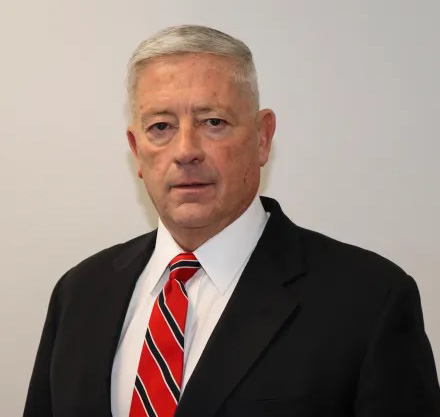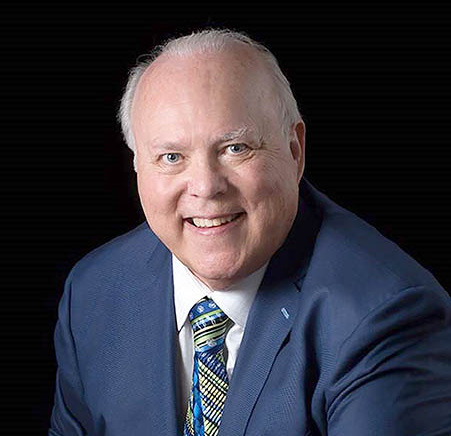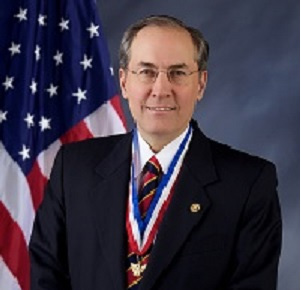- Commissioners
- Commissioners
- Commissioner Newsletter Summer 2021
- Exploring and Commissioner Culture
The
Commissioner
a publication for commissioners and professionals
Fall 2021
Exploring and Commissioner Culture
As a reminder, Exploring is a co-ed program for youth and young adults, ages 10 to 20, which provides opportunities for real-world, hands-on career experiences to help them “Discover Their Future.” The program links young people with mentors and experts affiliated with partner businesses and agencies in their communities. Participating in an Exploring club (ages 10-14) or post (ages 14-20) helps young people make informed decisions about careers they may want to pursue, while allowing businesses and organizations the opportunity to meet and cultivate future employees and/or members
Now let’s see how Exploring ties into our new unit service culture statements: Be the Heart. Build Relationships. Change Lives.
- Be the Heart. As commissioners, providing unit service should come from a servant’s heart—putting others’ needs ahead of our own and serving with the right motivation, where rewards, recognition or even gratitude cannot be the incentive for what we do. My purpose for volunteering as a BSA commissioner since 1985 and specifically in Exploring since 2013, is likely the same as it is for you in your role: we love the Scouting and Exploring programs. We want to help the units we serve succeed in their mission to provide the following to our country’s youth and young adults:
- BSA Mission: To prepare young people to make ethical and moral choices over their lifetimes by instilling in them the values of the Scout Oath and Law.
- Exploring Mission: Deliver character-building experiences and mentorship that allow youth to achieve their full potential in both life and work.
- Build Relationships. As I advocate, our council and district commissioners need to be sure to include Exploring units in the unit service plan. An important part of that unit service is building relationships with units’ adult volunteers as well as with the leaders of the Scouting America charter organizations and Exploring participating organizations that support the unit. The only way to grow those relationships is through frequent (I recommend at least monthly) contact. Visit unit meetings; participate in unit events and activities; and communicate with adult unit volunteers and organization leaders through face-to-face discussions, phone calls, texts, and e-mails to ensure you understand their needs and they are benefiting from your support.
In addition to building relationships with our Exploring units, our council and district commissioners must embrace Exploring commissioners as full-fledged members of their commissioner corps. Welcome them to council and district commissioner staff meetings, conferences and events, and Colleges of Commissioner Science (CCS); encourage them to seek CCS degrees; and confer upon them commissioner recognition awards. The only practical difference between an Exploring commissioner and a BSA commissioner is the adult application that they submit. The Scouting America application retains the Declaration of Religious Principle requirement, whereas the Exploring application does not require this declaration. Other than that, both go through the same background investigation requirement; take the same Youth Protection Training; and use the same commissioner tools, reporting and techniques to provide the same quality of service to their units.
- Change Lives. How does Exploring change lives? First, the Exploring Mission statement promises character development and mentorship. Second, Exploring affords older youth and young adults the opportunity to “drive before they buy” various future careers, which may influence their choice of college degree to earn or professional, skilled or technical occupation to pursue.
As a commissioner, you can recommend the Exploring program to Scouting volunteers and their older youth and young adults currently in other Scouting programs. Not only is that potentially life-changing for youth, it’s a model partnership with others who share your heart for Scouting.













